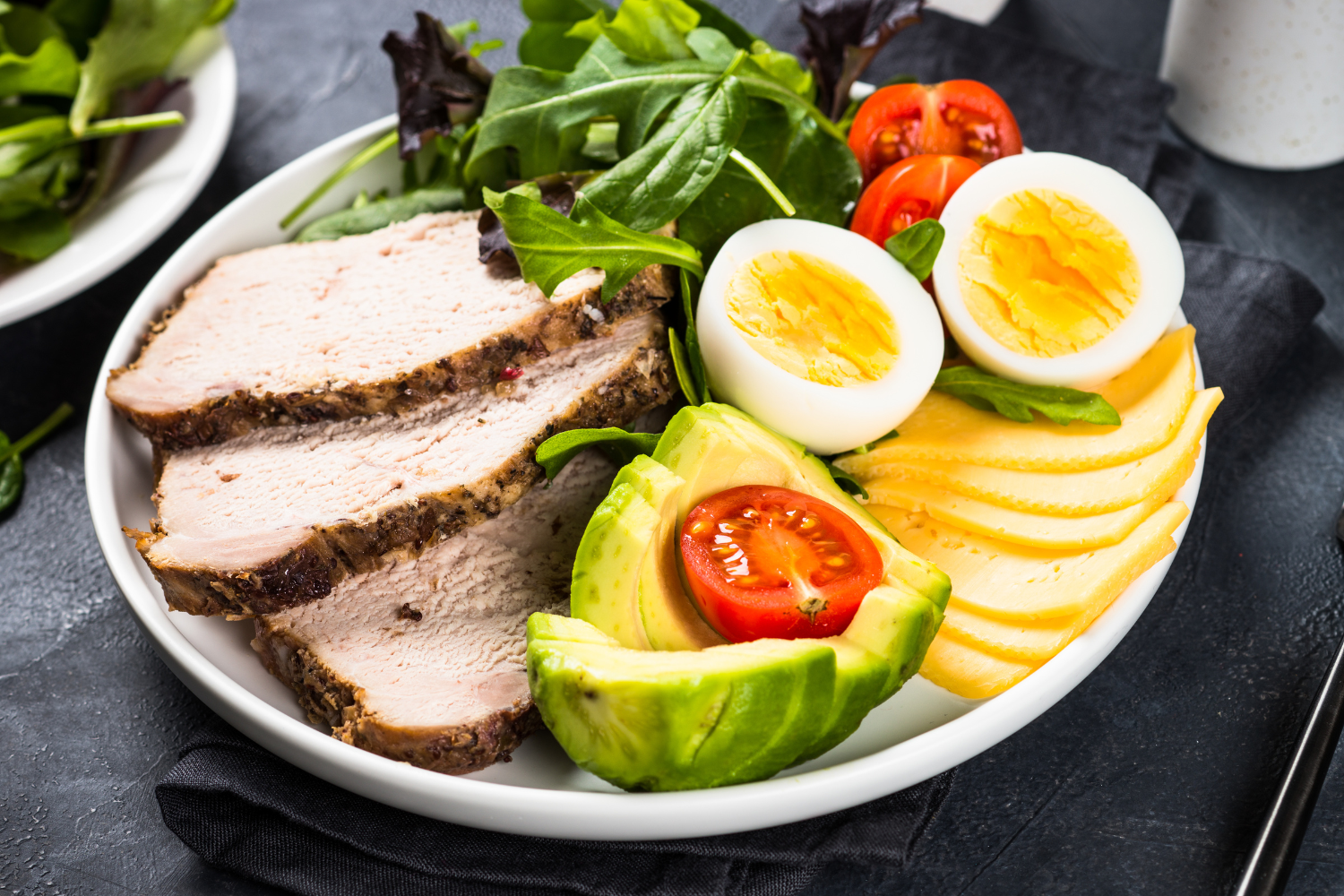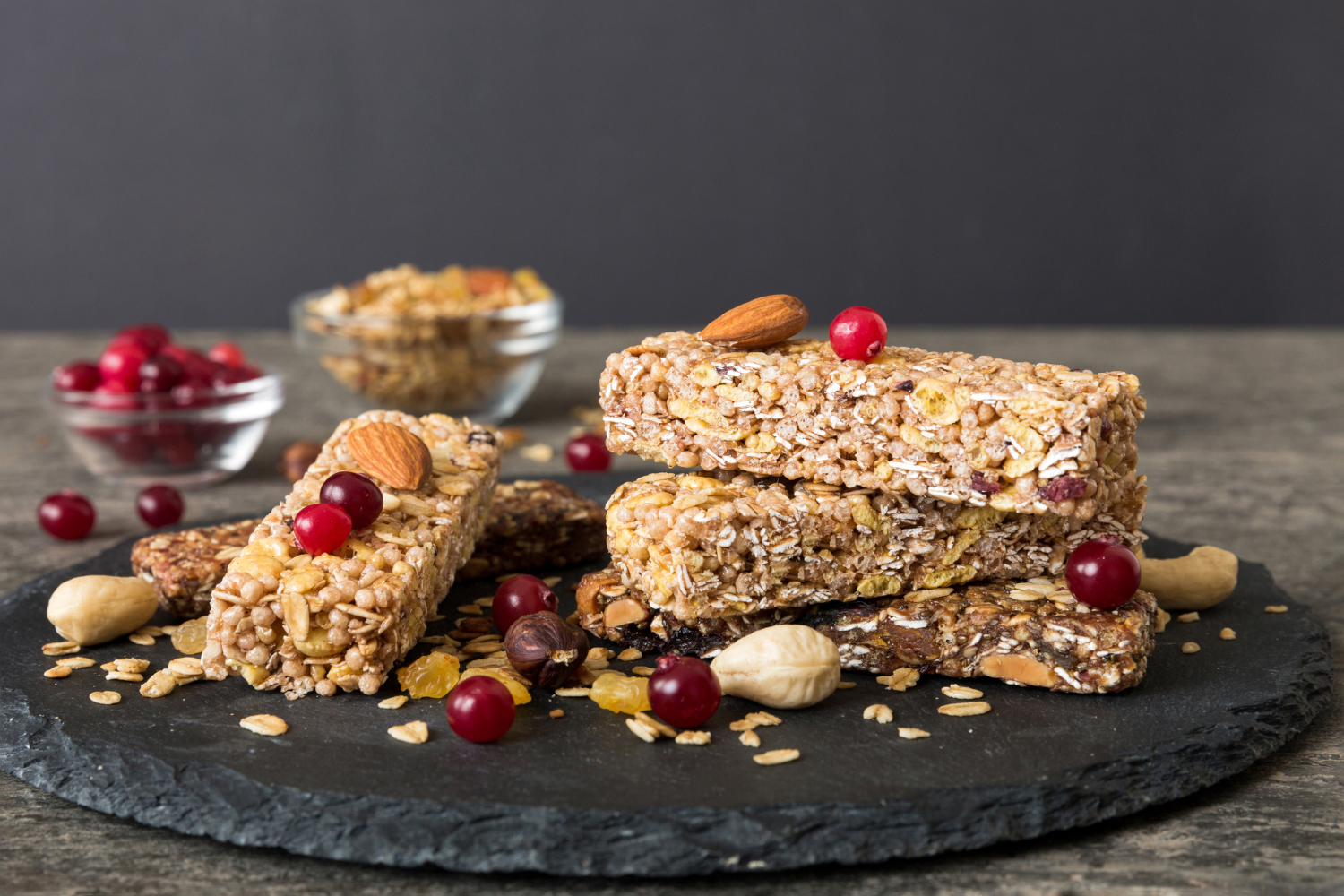The ketogenic diet has surged in popularity as people seek effective ways to achieve weight loss, boost energy levels, and improve mental clarity. With its emphasis on low-carb, high-fat eating patterns, the keto diet requires precise nutritional support to maintain ketosis and optimize results.
Keto-friendly supplements support energy, fat metabolism, and overall well-being for individuals following a ketogenic lifestyle. For nutrition brands, developing clean-label, effective products tailored to the needs of the keto community is a strategic way to tap into this growing market and provide solutions that align with low-carb, high-fat living.

Understanding Keto-Friendly Supplements
Keto-friendly supplements are specially designed to meet the macronutrient needs of a ketogenic diet, which emphasizes a high-fat, low-carb, and moderate protein intake. These supplements often include ingredients like MCT oil, electrolytes, and ketone salts to help individuals maintain ketosis—a metabolic state where the body burns fat instead of carbohydrates for energy.
These products support ketosis by replenishing electrolytes lost during low carbohydrate dieting, improving energy levels, and enhancing focus. They are essential tools for those on a low-carb or very low carbohydrate diet, ensuring proper nutrient balance while aligning with the goals of a ketogenic lifestyle.

Common Use Cases
Keto-friendly supplements offer practical solutions for those following a ketogenic diet. They are commonly used to:
- Support fat metabolism and energy production by helping the body burn stored fat more efficiently during ketosis.
- Electrolyte supplements are designed to help replenish sodium, potassium, and magnesium levels during low-carb dieting.
- Enhance mental clarity and workout performance by providing ketone bodies or nutrients that support sustained energy levels and focus.
Common Types of Keto-Friendly Supplements
Keto-friendly supplements are available in various convenient formats, catering to different preferences and lifestyles:
- Powders: Versatile and easy to mix into drinks, these often include MCT oil or ketone salts for energy and fat metabolism.
- Capsules/Tablets: Compact options ideal for delivering electrolytes or exogenous ketones.
- Ready-to-Drink Beverages: Pre-mixed keto shakes and energy drinks that support low-carb goals on the go.
- Bars and Snacks: Low-carb, nutrient-dense options designed to fit within ketogenic macronutrient ratios.

Benefits of Offering Keto-Friendly Supplements
Keto-friendly supplements are a growing opportunity for brands to cater to the increasing demand for low-carb and high-fat products. These supplements provide practical solutions for consumers embracing the ketogenic diet and other low carbohydrate lifestyles.
Meeting the Needs of the Growing Keto Community
The rising popularity of low-carb diets has fueled demand for keto-friendly products. More consumers are turning to the ketogenic diet for weight loss, mental clarity, and energy. This demand creates opportunities for nutrition brands to provide supplements tailored to support this growing community.
When used as part of a balanced approach, Keto supplements aim to help individuals manage challenges associated with high-fat diets, such as fatigue or electrolyte imbalances. Products designed to enhance energy and improve focus allow individuals to stay on track with their dietary goals, making the keto lifestyle more accessible and sustainable.
Expanding Product Lines with Niche Offerings
Offering keto-friendly supplements is a strategic way to diversify product lines while aligning with trending health and wellness needs. These products complement existing categories like weight management, fitness recovery, or mental performance, making them versatile additions to your inventory.
Pairing keto supplements with other low-carb options, such as meal replacements or high-protein snacks, provides opportunities for bundled offerings. This approach helps brands cater to consumers seeking convenient solutions for their low-carb lifestyles.
Building Brand Trust Through Clean and Effective Formulas
Clean-label formulations are essential for building consumer trust in keto-friendly products. Sugar-free, low-carb, and non-GMO ingredients ensure compliance with ketogenic dietary requirements and resonate with health-conscious buyers.
Certifications such as GMP ensure manufacturing standards, while gluten-free and vegan labels cater to specific dietary preferences. Highlighting these certifications can strengthen your brand’s reputation and credibility in the keto space.

Key Ingredients in Keto-Friendly Supplements
Effective keto-friendly supplements rely on high-quality ingredients that support ketosis, energy, and overall health. Including key components ensures products meet the specific needs of ketogenic consumers.
Energy and Ketosis Support
MCT Oil (Medium-Chain Triglycerides): The body efficiently metabolizes this quick source of energy, promoting ketone production and sustained energy levels during a ketogenic diet.
Exogenous Ketones (Beta-Hydroxybutyrate): These supplements are formulated to support ketosis and may help address some challenges associated with ketogenic transitions.
Electrolytes for Hydration
Sodium, Potassium, Magnesium: Electrolyte imbalances are common in low-carb diets, making supplementation vital for hydration and muscle function. These minerals help replenish what is lost through reduced carbohydrate intake.
Himalayan Pink Salt: This natural sodium source provides trace minerals that support hydration and balance during ketosis.
Protein for Muscle Preservation
Collagen Peptides: This low-carb protein source supports muscle, joint, and skin health while aligning with ketogenic macronutrient goals.
Grass-Fed Whey Isolate: This high-quality protein has minimal carbs. It helps preserve muscle mass and supports recovery without disrupting ketosis.
Digestive and Gut Health Support
Probiotics: These are included in some keto supplements to potentially support gut health and digestion.
Digestive Enzymes: These supplements aid in breaking down fats and proteins, improving digestion and nutrient absorption for those on a ketogenic diet.
Cognitive and Mental Performance
Caffeine: Often included in keto supplements to support energy and focus while maintaining dietary goals.
L-Theanine: Often paired with caffeine, it promotes mental clarity and helps reduce caffeine-related jitters for sustained cognitive performance.
Steps for Nutrition Brands to Develop Keto-Friendly Supplements
Creating keto-friendly supplements requires strategic planning to meet the unique needs of ketogenic consumers. These steps can help nutrition brands develop high-quality, appealing products that align with keto lifestyles.
Conduct Market Research to Identify Consumer Needs
Understanding your target audience is essential for creating successful keto-friendly supplements. Focus on key demographics, such as individuals pursuing weight loss, athletes needing energy and recovery support, or professionals seeking mental clarity through a ketogenic diet.
Stay informed on market trends by exploring popular keto products like clean-label MCT oils, sugar-free snacks, and exogenous ketones. Identifying gaps in the market allows brands to tailor their offerings to meet specific consumer demands.
Source High-Quality Ingredients
Partnering with reliable suppliers is critical for securing keto-compliant ingredients like MCT oil, electrolytes, and grass-fed whey protein. Choose sources that prioritize sustainability and quality to appeal to health-conscious consumers.
Ensure all ingredients meet regulatory standards and undergo third-party testing for purity and efficacy. Transparency about ingredient sourcing can enhance trust and brand credibility.
Formulate for Keto Compliance
Combining complementary ingredients is key to creating effective keto-friendly supplements. For example, pairing MCT oil with exogenous ketones supports energy production and ketosis.
Specialized formulations can address specific consumer needs, such as products for keto flu relief, post-workout recovery, or mental focus. Targeted solutions help brands stand out in a competitive market.
Design Packaging and Labels for Keto Appeal
Packaging should emphasize benefits like “supports ketosis,” “zero sugar,” or “low carb” to resonate with keto consumers. Highlighting certifications such as non-GMO or gluten-free can also build trust.
Clean, bold designs with clear messaging appeal to the keto community. Ensure labels are informative and visually engaging to attract attention on shelves and online.
Launch and Market Strategically
Education is crucial when introducing keto-friendly supplements. Share content explaining how the products support ketosis, improve energy, and enhance overall well-being. Use blogs, videos, and social media to reach your target audience.
To encourage first-time purchases, offer free trials, introductory bundles, or limited-time discounts. These strategies help build consumer confidence and loyalty.
Marketing Strategies for Keto-Friendly Supplements
To succeed in the keto market, brands must connect with consumers through targeted marketing efforts that highlight the unique benefits of their supplements.
Educate Consumers on the Keto Lifestyle
Consumers are more likely to buy when they understand the science behind the ketogenic diet. Share blogs, videos, and infographics explaining the benefits of ketosis and how supplements like MCT oil or electrolytes support this process.
Break down the role of key ingredients, such as exogenous ketones and probiotics, in maintaining energy, hydration, and gut health. Educational content positions your brand as a trusted resource.
Partner with Keto Influencers and Experts
Collaborating with keto-focused nutritionists, fitness influencers, and lifestyle bloggers can expand your reach. These experts can promote your products through social media, blogs, and videos, lending credibility to your brand.
Highlight real-life success stories and testimonials from customers who’ve seen positive results using your supplements. Authentic endorsements build trust and attract new customers.
Offer Value with Bundles and Subscriptions
Create value-packed bundles featuring complementary products like electrolytes, MCT oil, or collagen peptides. Bundling enhances convenience for consumers and increases overall sales.
Subscription plans that include discounts and exclusive perks encourage long-term use and loyalty. Regular deliveries ensure consumers stay stocked up on their favorite keto-friendly supplements.
Meeting the Rising Demand for Keto-Friendly Supplements
The growing demand for keto-friendly supplements reflects the increasing popularity of low-carb, high-fat lifestyles among health-conscious consumers. Nutrition brands can seize this opportunity by developing clean, keto-compliant formulations that support energy, ketosis, and overall well-being.
Prioritizing transparency, efficacy, and quality is essential to building trust and loyalty among keto enthusiasts. By offering effective solutions tailored to the needs of the ketogenic community, brands can establish themselves as leaders in this thriving market.
Frequently Asked Questions
What certifications should keto-friendly supplements have?
Non-GMO, GMP certification, sugar-free, and allergen-free certifications are ideal for keto compliance.
How long does it take to develop keto-friendly supplements?
Typically 6–12 months, including formulation, testing, and regulatory approval.
What are the most popular ingredients in keto supplements?
MCT oil, exogenous ketones, electrolytes, and collagen peptides are top choices.
Are keto supplements safe for daily use?
Most are safe when used as directed, but formulations should adhere to recommended dosages.
Can keto supplements be combined with other products?
Yes, they pair well with weight management, energy boosters, or gut health products for comprehensive wellness solutions.
References
- Ashtary-Larky, D., Bagheri, R., Bavi, H., Baker, J. S., Moro, T., Mancin, L., & Paoli, A. (2022). Ketogenic diets, physical activity and body composition: a review. The British journal of nutrition, 127(12), 1898–1920. https://doi.org/10.1017/S0007114521002609
- Centers for Disease Control and Prevention. (2024). About Water and Healthier Drinks. https://www.cdc.gov/healthy-weight-growth/water-healthy-drinks/index.html
- Harvard Health Publishing. (2023). Time to try intermittent fasting? https://www.health.harvard.edu/heart-health/time-to-try-intermittent-fasting
- Lin, T. Y., Liu, H. W., & Hung, T. M. (2021). The Ketogenic Effect of Medium-Chain Triacylglycerides. Frontiers in nutrition, 8, 747284. https://doi.org/10.3389/fnut.2021.747284
- Masood W, Annamaraju P, Khan Suheb MZ, et al. Ketogenic Diet. [Updated 2023 Jun 16]. In: StatPearls [Internet]. Treasure Island (FL): StatPearls Publishing; 2025 Jan-. Available from: https://www.ncbi.nlm.nih.gov/books/NBK499830/
- U.S. Food & Drug Administration. (2023). Current Good Manufacturing Practice (CGMP) Regulations. https://www.fda.gov/drugs/pharmaceutical-quality-resources/current-good-manufacturing-practice-cgmp-regulations



